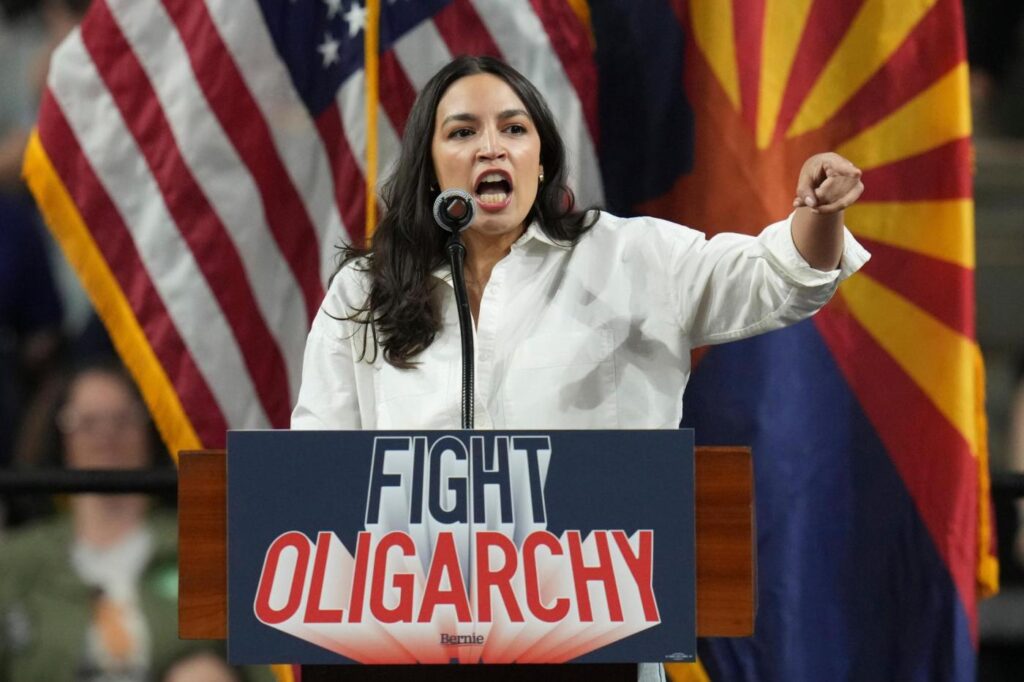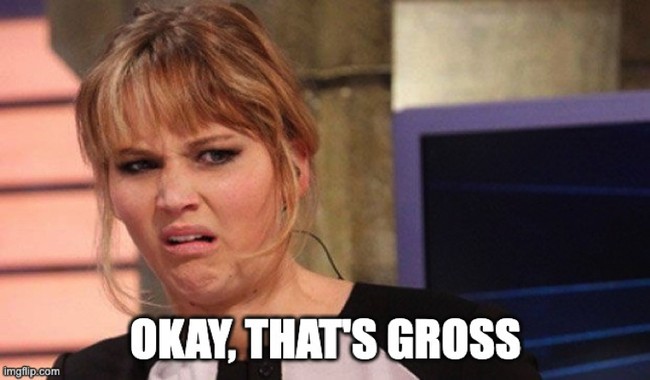
Rep. Alexandria Ocasio-Cortez is reportedly positioning herself for a potential presidential or Senate campaign in 2028, prompting concern among moderate Democrats about the future direction of the party. Following significant losses in recent elections, the Democratic leadership appears increasingly vulnerable to the influence of its far-left faction, which advocates for policies often characterized as socialist.
Though Ocasio-Cortez has not issued formal statements regarding her ambitions, sources familiar with her team indicate that preparations for a campaign are underway. Her popularity within the Democratic base continues to rise, as evidenced by the emergence of candidates like Zohran Mamdani, who embodies similar progressive ideals in the New York City mayoral race. Mamdani’s campaign has gained traction, particularly among younger voters, reflecting a broader shift towards more radical policies within the party.
The situation poses challenges for prominent moderate Democrats, such as Senate Minority Leader Chuck Schumer and Senator Kirsten Gillibrand. Both have faced increasing scrutiny for their leadership and decisions in the Senate, particularly in light of Schumer’s recent compromises with Republican leaders. In March 2025, Schumer brokered a deal to avert a government shutdown, a move that some Democrats, including Ocasio-Cortez, deemed a betrayal of party principles.
Under Schumer’s leadership, the Democratic Party has struggled to articulate a cohesive message, particularly in contrast to Ocasio-Cortez’s ability to resonate with constituents. Her approach, which relies heavily on emotive language and aspirational promises, has garnered significant support, despite her limited legislative accomplishments.
As the Democratic Party grapples with the implications of Ocasio-Cortez’s rising influence, her potential candidacy raises critical questions about the party’s future and its ideological direction. The allure of democratic socialism, while appealing to many, is underscored by concerns regarding the practical implications of such policies. Critics argue that proposals for universal healthcare and free college, while popular in theory, could lead to diminished quality and increased costs in practice.
Supporters of democratic socialism often present their vision as a pathway to equity and opportunity. Yet, history offers cautionary tales of similar ideologies resulting in economic and social turmoil. The balance between idealism and pragmatism remains a contentious issue within the Democratic Party.
A successful campaign by Ocasio-Cortez could further deepen divisions among Democrats. Her ability to mobilize supporters and attract media attention underscores her significance in shaping the party’s narrative. Many view her candidacy as a potential turning point that could either energize the base or fracture the party’s coalition.
As the 2028 elections approach, the Democratic Party faces a pivotal moment. The rise of figures like Ocasio-Cortez, with their promises of transformative change, challenges moderate leaders to reconsider their strategies and priorities. If the party continues to align itself with the far-left, it risks alienating centrist voters and undermining its long-term viability.
The implications of Ocasio-Cortez’s potential ascent to higher office extend beyond party politics. They signal a broader cultural shift within the United States, as discussions around socialism and progressive policies gain prominence. As the nation navigates these complex discussions, the outcome of the 2028 elections may redefine the contours of American political life for years to come.







